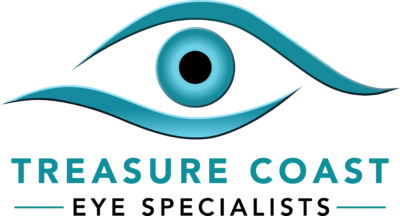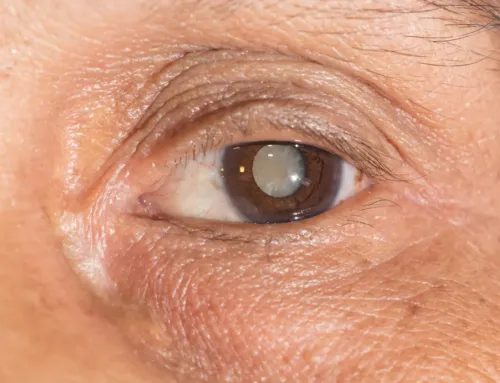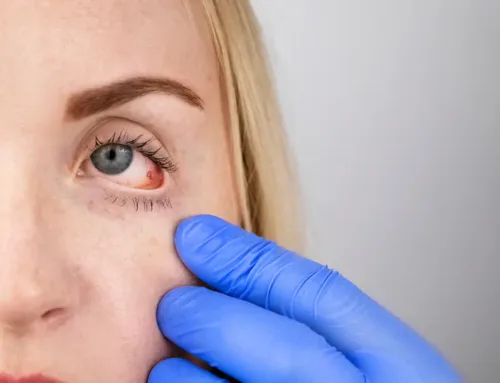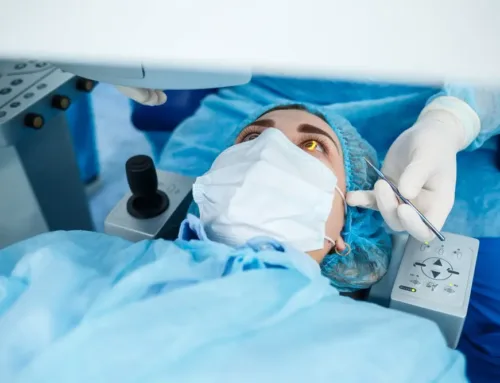Cataract surgery is a surgical procedure that involves replacing the cloudy natural lens of your eye with an intraocular lens, or artificial lens. About 9 in 10 people with cataracts who have had this procedure can see better afterward. The treatment is indeed effective, but it is not for everyone.
Who Can Undergo Cataract Surgery
A cataract at its early stage will not impair your vision. There are usually no significant changes to the clarity of your vision. In this case, the doctor will only change your eyeglass prescription to treat the condition.
But over time, the patches in the lens get bigger. When the patch becomes larger, changes in your vision may begin. Colors may start to fade, and you may have difficulty seeing at night. Halo may also start appearing around lights, and your eyesight may become cloudy. And these changes can interfere with your ability to do certain activities, like reading.
Once the cataract starts affecting the quality of your life, your eye doctor may recommend cataract surgery. With this surgery, the cloudy lens will be removed, and you will get a new, clear artificial replacement lens called an intraocular lens, or IOL.
You can get cataract surgery even if the condition is at its worst. It will not affect how well your eye recovers after the surgery. It means delaying the procedure won’t cause any problems. 
Who Should Not Get Cataract Surgery?
Cataract surgery is not ideal for those with high-risk eyes or patients with conditions that increase the risk of surgical complications and contribute to poor surgery results.
Conditions include the following:
- Infection in or around the eye – it is important to address the infection first before undergoing cataract surgery. Otherwise, you may develop endophthalmitis. Endophthalmitis is an infection of fluids or tissues inside the eyeball.
- Small pupil – a small pupil makes it difficult for the eye professional to position the artificial lens and spot residual lens matter.
- Certain health conditions – health problems like HIV, onchocerciasis, hypertension, and diabetes—increase the risks of surgical complications.
Learn More About Cataract Surgery
If you are qualified to undergo cataract surgery, take time to learn about the procedure so you can also prepare yourself. There are usually several steps to follow before the surgery, which will be given to you by the eye doctor. It can include not drinking or eating for 12 hours before the surgery.
Patients are awake during the surgery, but you do not have to worry because the procedure is painless and fast. When the surgery is finished, usually within half an hour for each eye, the doctor will cover your eye with a bandage or a protective cover. You can remove the protective cover later in the day. But it does not mean your eyes are healed. Full recovery often takes months.
It is important to remember that everyone’s situation is different. The best way to know whether you are a viable candidate for cataract surgery is to talk to your eye doctor. If your doctor recommends this treatment, be sure to learn about its benefits and risks before undergoing the procedure. There are plenty of resources available, so it will not be hard to find one.
For more on qualifying factors for cataract surgery, talk to the experts at Treasure Coast Eye Specialists. You can visit our Port Saint Lucie or Stuart, Florida, offices or call 772-400-2400 or 772-286-0007 to schedule an appointment today.


























